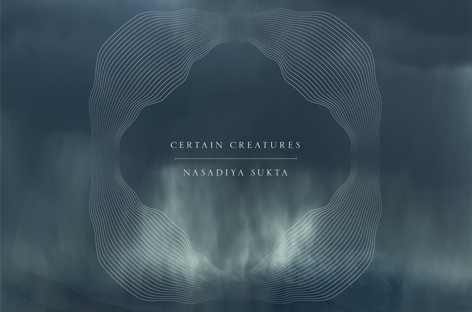
The title “Singer/Songwriter” seems like a death sentence—anyone garnered that title occupies a gigantic pit of musicians who seem to have nothing in common other than the fact that they ostensibly write songs and then sing them. To think that Anderson East is in the same category as Paul Simon, Nick Drake, Joni Mitchell, Tom Waits, and Sufjan Stevens is kind of absurd when you think about it. East’s music fits much better into the category of blues, with plenty of soul and Southern rock to make it his own. There’s something about the frontman, though, the singular musical force who is the voice behind all of the musical material, that is stigmatizing to us as listeners. In other words, people would rather know that this is a one-man show than have any idea what kind of music it is. As a music nerd, I’m always intrigued when extramusical factors like this play into people’s perceptions of music. Would this album be received differently if it were released by the Anderson East Band? What if Anderson East wasn’t even in the band name?
With the exception of the Beatles and maybe a few others, almost no band has ever achieved the iconic status of singular artists by the likes of Michael Jackson, Elvis, Madonna, Prince, Stevie Wonder, David Bowie, etc. So it would seem like the title of “Singer/Songwriter” is no more than a cheap attempt at that kind of glory by association. None of the above artists, though, would be considered singer/songwriters (though most of them did, in fact, write songs and then sing them). This is because they transcended the category, inspiring future imitators and eventually becoming entirely new genres.








